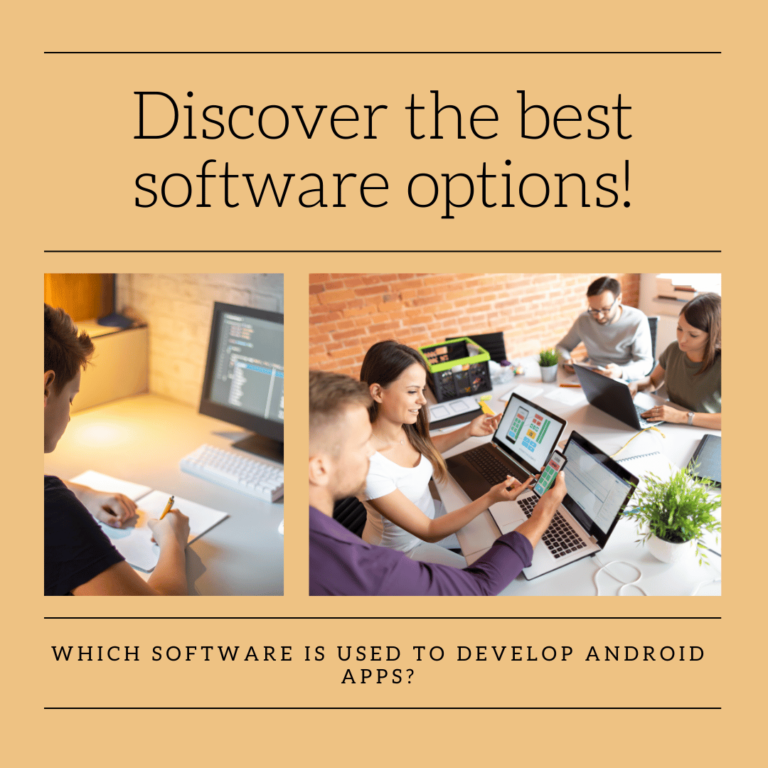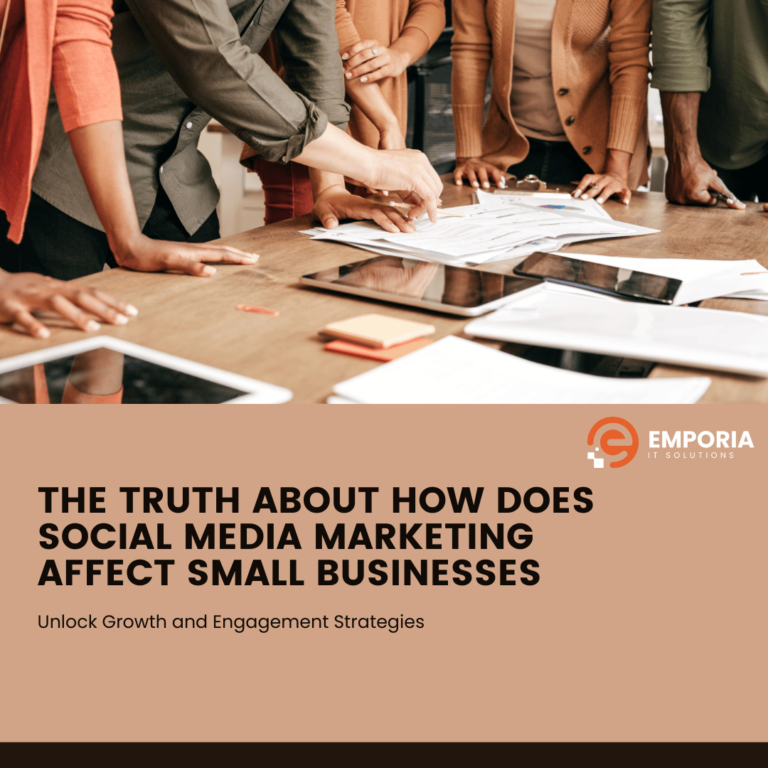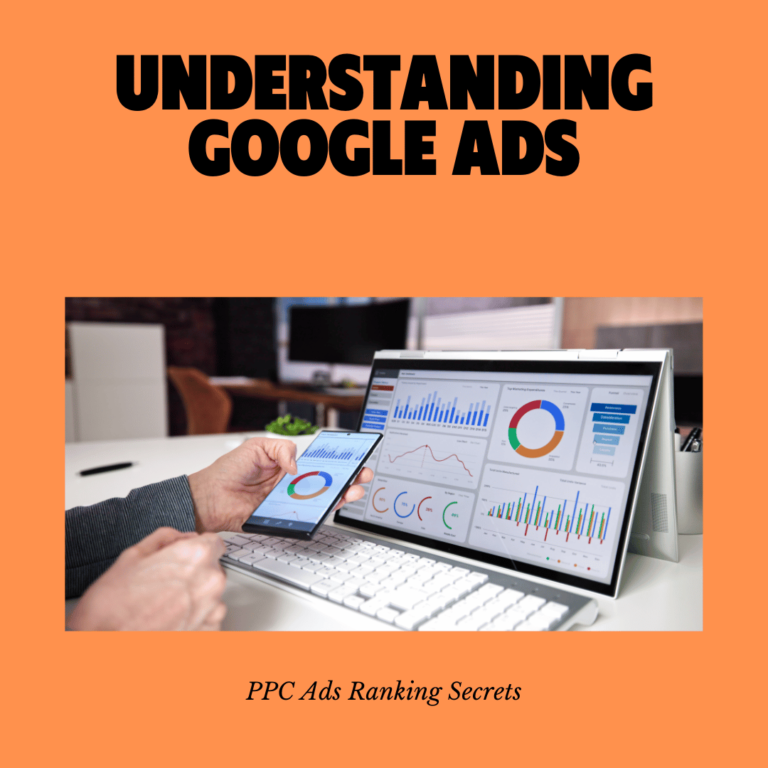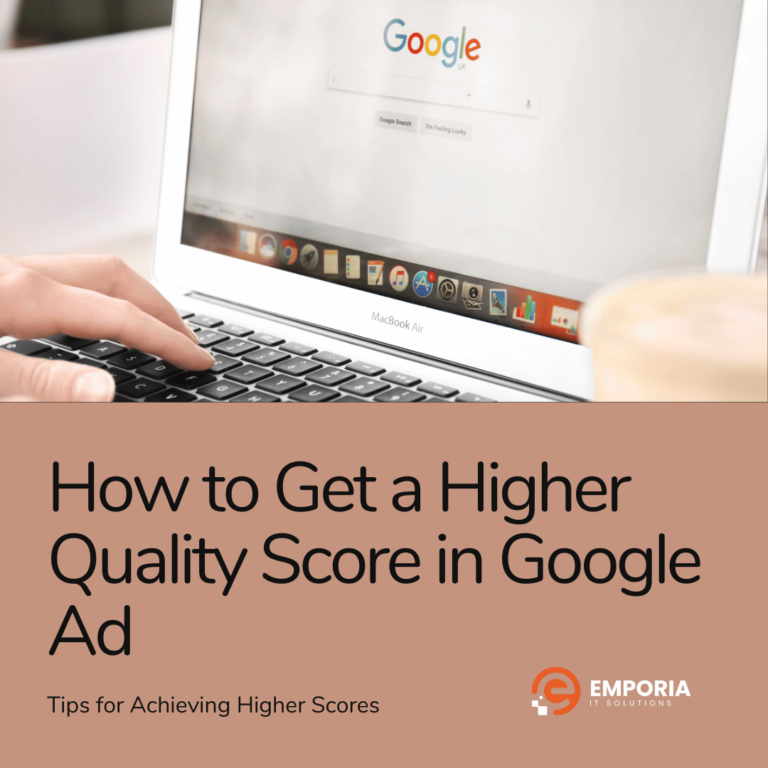Why Facebook Marketing for Small Business is Essential?
Facebook remains a dominant force in the social media landscape, making it an essential platform for small businesses. Here are some compelling statistics and facts:
- Massive User Base: As of 2023, Facebook boasts over 3.065 billion monthly active users. This extensive reach provides small businesses with a vast audience to tap into.
- High Engagement: Approximately 2.1 billion people use Facebook daily, which is about 68.6% of its monthly users. This high level of daily engagement means businesses have numerous opportunities to connect with potential customers.
- Time Spent on Platform: On average, users spend about 30.9 minutes per day on Facebook. This significant amount of time allows businesses to capture the attention of their audience through engaging content and advertisements.
- Global Popularity: Facebook is the most popular social media platform worldwide, making it a crucial tool for businesses looking to reach an international audience.
Benefits
Facebook marketing offers several advantages for small businesses, making it a cost-effective and powerful tool for growth:
- Cost-Effectiveness: Facebook marketing is relatively affordable compared to traditional advertising methods. Small businesses can start with a modest budget and scale their campaigns as they see results.
- Targeted Advertising: One of the standout features of Facebook marketing is its advanced targeting options. Businesses can create highly targeted ads based on demographics, interests, behaviors, and more, ensuring their marketing efforts reach the right audience.
- Enhanced Brand Awareness: With billions of users, Facebook provides an excellent platform for increasing brand visibility. Regular posts, engaging content, and interactive ads help build brand recognition and loyalty.
- Direct Customer Engagement: Facebook allows businesses to interact directly with their customers through comments, messages, and reviews. This direct engagement helps build trust and fosters a loyal customer base.
- Analytics and Insights: Facebook offers robust analytics tools that help businesses track the performance of their marketing campaigns. These insights enable businesses to refine their strategies and improve their ROI.
By leveraging these benefits, small businesses can unlock the full potential of Facebook marketing, driving growth and achieving their business goals.
Setting Up Your Facebook Business Page
tep-by-Step Guide to Optimizing a Facebook Business Page
Creating a Facebook business page is a crucial step for small businesses looking to establish an online presence. Here’s a step-by-step guide to help you get started:
1. Create a New Page:
Log into your personal Facebook account.
Click on the “Create” button and select “Page” from the dropdown menu.
Choose the “Business or Brand” option and click “Get Started”.
2. Add Your Business Information:
Enter your page name and select a category that best describes your business.
Add a brief description of your business to give visitors an idea of what you offer.
3. Upload Profile and Cover Photos:
Choose a profile picture that represents your business, such as your logo.
Select a cover photo that is visually appealing and relevant to your business.
4. Create a Username:
Create a unique username for your page to make it easier for people to find you. This will also create a custom URL for your page.
5. Add Business Details:
Fill out your business information, including contact details, location, hours of operation, and website URL.
6. Set Up Call-to-Action Button:
Add a call-to-action button to your page, such as “Contact Us,” “Shop Now,” or “Sign Up,” to encourage visitors to take action.
7. Invite Friends and Start Posting:
Invite your friends to like your page and start posting engaging content to attract followers.
Importance of a Well-Designed and Informative Page
A well-designed and informative Facebook business page is essential for several reasons:
- First Impressions: Your Facebook page often serves as the first point of contact between your business and potential customers. A professional and visually appealing page can create a positive first impression.
- Brand Identity: Consistent branding across your profile picture, cover photo, and posts helps establish your brand identity and makes your business easily recognizable.
- Customer Engagement: An informative page with clear contact details, business hours, and a call-to-action button makes it easier for customers to engage with your business.
- SEO Benefits: A well-optimized Facebook page can improve your search engine rankings, making it easier for potential customers to find your business online.
Creating a Facebook Marketing Strategy
Target Audience
Understanding your target audience is crucial for effective Facebook marketing. Consider the following steps:
- Demographics: Identify the age, gender, location, and interests of your ideal customers.
- Behavior: Analyze the online behavior of your target audience, including the types of content they engage with and the times they are most active.
Setting Marketing Goals
Setting clear and measurable marketing goals helps you stay focused and track your progress. Common goals include:
- Increasing Brand Awareness: Aim to reach a larger audience and increase your page likes and followers.
- Driving Traffic to Your Website: Use Facebook posts and ads to direct users to your website.
- Generating Leads: Create lead generation campaigns to collect contact information from potential customers.
Types of Content to Post
Posting a variety of content types can keep your audience engaged and interested. Consider the following:
- Organic Posts: Share updates, photos, and videos that provide value to your audience without paid promotion.
- Stories: Use Facebook Stories to share short, engaging content that disappears after 24 hours.
- Reels: Create short, entertaining videos to showcase your products or services.
- Paid Ads: Invest in Facebook Ads to reach a larger audience and achieve specific marketing goals.
Content Calendar and Scheduling
Planning your content in advance ensures consistency and helps you stay organized. Follow these steps:
- Create a Content Calendar: Plan your posts for the upcoming weeks or months, including the type of content, posting dates, and times.
- Schedule Posts: Use Facebook’s scheduling tools to automatically publish your posts at the optimal times for your audience.
By following these steps, you can create a comprehensive Facebook marketing strategy that helps you achieve your business goals and engage with your audience effectively.
Utilizing Facebook Ads
Facebook Ads Manager is a powerful tool that allows businesses to create, manage, and analyze their ad campaigns across Facebook, Instagram, and Audience Network Here’s a brief overview of its key features:
- Campaign Creation: Ads Manager guides you through the process of creating ads, from selecting your marketing objective to designing your ad creative.
- Audience Targeting: You can define your audience based on demographics, interests, behaviors, and more, ensuring your ads reach the right people.
- Ad Placements: Choose where your ads will appear, including Facebook’s news feed, Instagram stories, and more.
- Performance Tracking: Monitor the performance of your ads with detailed analytics and reporting tools, allowing you to optimize your campaigns for better results.
Types of Facebook Ads
Facebook offers a variety of ad formats to suit different marketing objectives. Here are some of the most popular types:
1. Photo Ads: Simple yet effective, photo ads use a single image to capture attention and convey your message. They are ideal for promoting products, events, or special offers.
2. Video Ads: Video ads are highly engaging and can be used to showcase products, tell a story, or provide tutorials. They can appear in the news feed, stories, or as in-stream ads.
3. Carousel Ads: Carousel ads allow you to display up to ten images or videos within a single ad, each with its own link. This format is great for showcasing multiple products or features.
4. Slideshow Ads: These ads use a series of images or videos to create a lightweight, video-like experience. They are perfect for businesses with limited video content.
5. Collection Ads: Collection ads feature a cover image or video followed by several product images. When clicked, they open into a full-screen Instant Experience, making them ideal for e-commerce.
Tips for Creating Effective Ad Campaigns
Creating effective Facebook ad campaigns involves several best practices:
- Compelling Visuals: Use high-quality images and videos that capture attention and convey your message clearly.
- Clear Call-to-Action (CTA): Include a strong CTA that tells viewers what action to take next, such as “Shop Now,” “Learn More,” or “Sign Up.”
- Targeted Messaging: Tailor your ad copy to resonate with your target audience’s interests and needs.
- A/B Testing: Experiment with different ad creatives, headlines, and CTAs to see what performs best.
Engaging with Audience
Engagement is a critical component of successful Facebook marketing. It involves interacting with your audience through comments, messages, and reviews. Here’s why it matters:
- Builds Trust: Responding to comments and messages promptly shows that you value your customers, building trust and loyalty.
- Increases Visibility: Engaged posts are more likely to appear in users’ news feeds, increasing your brand’s visibility.
- Fosters Community: Active engagement helps create a sense of community around your brand, encouraging repeat interactions.
Building a Community Around Your Brand
Creating a strong community on Facebook involves more than just posting content. Here are some strategies:
- Consistent Posting: Share regular updates, behind-the-scenes content, and user-generated content to keep your audience engaged.
- Interactive Content: Use polls, quizzes, and live videos to encourage interaction and participation.
- Personalized Responses: Address your audience by name and provide thoughtful responses to their comments and messages.
Using Facebook Groups and Events to Foster Engagement
- Facebook Groups: Create a group related to your business where customers can share experiences, ask questions, and connect with each other. This builds a loyal community and provides valuable insights into customer preferences.
- Facebook Events: Host events such as webinars, product launches, or Q&A sessions to engage your audience in real-time. Promote these events through your page and encourage followers to participate.
By utilizing these strategies, small businesses can unlock the full potential of Facebook marketing, driving growth and achieving their business goals.
Analyzing and Adjusting Your Strategy
Facebook Insights and Analytics are essential tools for understanding how your Facebook marketing efforts are performing. These tools provide detailed data on user behavior, post performance, and audience engagement, allowing you to make informed decisions to optimize your strategy.
- Key Metrics: Facebook Insights tracks various metrics such as page views, post reach, engagement (likes, comments, shares), and follower growth. These metrics help you understand which content resonates most with your audience.
- Audience Insights: This feature provides demographic information about your audience, including age, gender, location, and interests. Knowing your audience helps tailor your content to meet their needs better.
- Competitor Analysis: Facebook Insights also allows you to track the performance of competitor pages, giving you a benchmark to measure your success.
Adjusting Your Strategy Based on Data
Regularly reviewing your Facebook Insights data is crucial for adjusting your strategy to improve performance. Here’s how you can use this data:
- Identify Trends: Look for patterns in your data to identify what types of content perform best. For example, if video posts consistently receive higher engagement, consider incorporating more videos into your content strategy.
- Optimize Posting Times: Use insights on when your audience is most active to schedule posts at optimal times, ensuring maximum visibility and engagement.
- Refine Targeting: Adjust your ad targeting based on audience insights to reach the most relevant users. This can improve the effectiveness of your ad campaigns and increase ROI.
Common Challenges and How to Overcome Them
Common Pitfalls
Despite its many benefits, Facebook marketing comes with its own set of challenges. Here are some common pitfalls and how to overcome them:
- Algorithm Changes: Facebook frequently updates its algorithm, which can impact the visibility of your posts. Stay informed about these changes and adjust your strategy accordingly.
- Ad Fatigue: Running the same ads for too long can lead to ad fatigue, where your audience becomes less responsive. Refresh your ad creatives regularly to keep them engaging.
- Competition: With many businesses vying for attention on Facebook, standing out can be challenging. Focus on creating high-quality, unique content that provides value to your audience.
Solutions and Tips to Overcome These Challenges
- Stay Agile: Be prepared to adapt your strategy quickly in response to algorithm changes and other shifts in the digital landscape.
- Diversify Content: Use a mix of content types (e.g., videos, infographics, blog posts) to keep your audience engaged and prevent ad fatigue.
- Leverage Analytics: Use Facebook Insights and other analytics tools to continuously monitor and optimize your campaigns for better performance.
By effectively analyzing and adjusting your strategy, and overcoming common challenges, small businesses can unlock the full potential of Facebook marketing.
In summary, Facebook marketing for small business offers immense potential through targeted advertising, engaging content, and robust analytics. Leveraging professional help, like Eemporia’s expertise, ensures your marketing efforts are optimized for success. Explore Eemporia’s services to unlock the full potential of your Facebook marketing for small businesses to achieve your business goals.
At Eemporia, we specialize in helping businesses unlock the full potential of their online presence through data-driven social media marketing strategies. Whether you’re looking to increase brand visibility, engage with your audience, or boost sales, our team of experts will create a tailored approach that meets your specific business goals. With a decade of experience in delivering real results, we transform your social media platforms into powerful tools for growth.
Ready to unlock the full potential of Facebook marketing for your small business? Contact us today to craft a strategy that delivers real growth and engagement!








